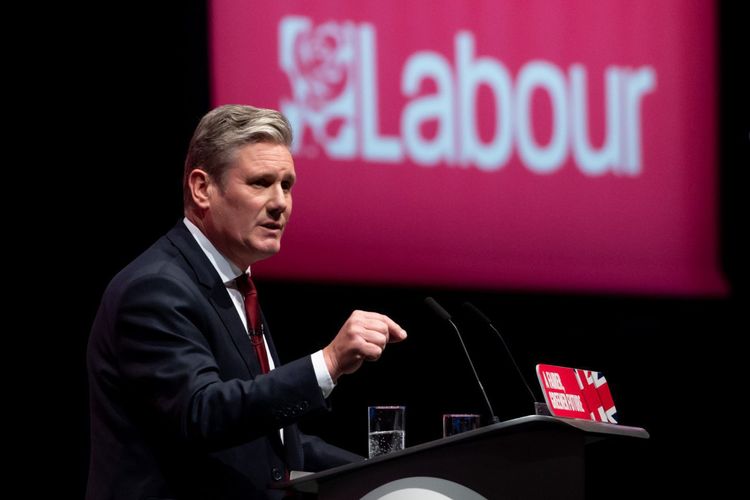Labour's EPL plans to have 'negative impact on the wider supply chain'

There has been a lot of focus on oil and gas taxes in the UK recently due to Labour's plans for these taxes if they come into power in the future. This has garnered a lot of attention in the past few months.
Labour has recently revealed their intentions to make some significant changes to the Energy Profits Levy (EPL) which is currently only applied to UK upstream oil and gas producers. Firstly, this tax, also known as the ‘windfall tax’, was introduced in 2022 and was due to expire in 2029 but Labour plans to extend it through to that year. Secondly, they plan to increase the rate from 35% to 38%, which would take the total tax rate up to 78%, just like Norway. Lastly, they have identified what they see as ‘loopholes’ in the EPL's application and plan to remove them to increase the amount of tax collected.
After the announcement made by the Labour party, the present UK Government led by the Conservatives has decided to prolong the current EPL system for an additional year until March 2029. This marks the second extension to the initial EPL tax.
The tax called the 'temporary windfall tax' will be enforced for a minimum of 7 years, even after the favorable profit conditions caused by the Ukraine war have disappeared.
Previously, the extra amount of money taken as tax was raised from 25% to 35%. This caused people to think that the UK's financial situation is uncertain and not stable, which made investors unsure about putting their money into UK businesses or projects.
Harbour Energy, a major player in the oil and gas industry of the United Kingdom, revealed its performance outcomes for 2023 during the month of March.
Due to the policies of the EPL regarding decommissioning costs, Harbour disclosed that it had to pay 95% tax. We have heard reports that a few UK production companies are facing more than 100% tax rate.
It is common for oil and gas projects to require several years to progress from the discovery stage to obtaining approval for implementation and finally producing the first barrel of oil.
Let's consider Rosebank as a case study. They stumbled upon the field back in 2004, received the go-ahead to develop the site towards the end of last year and anticipate the commencement of oil production by the end of 2026.
Investments in the oil and gas industry, which can include discovering new fields, buying up already established assets or companies, are basically determined by their projected cash flow after taxes.
In the past, the United Kingdom was seen as a reliable and consistent region for individuals investing in the oil and gas industry.
Right now, investors are dealing with unknowns about how long EPL will be in effect, the percentage they will be taxed, whether they will receive investment allowances, and how their costs will affect the calculation of EPL and their overall tax rate.
On the current polls, Labour is ahead of the Conservatives by approximately 19%. This suggests that there is a strong possibility of Labour winning the next elections and implementing their policies as law. Because of this probability, North Sea investments are already taking Labour's proposals into consideration.
In this current political climate, it is probable that any fresh proposals may encounter delays or get discarded completely, while any former financial commitments will be reevaluated.
The consequences of this will not be good for the entire supply chain. Moreover, if the Government doesn't offer more aid, it could harm the progress of transitioning towards cleaner energy and achieving the UK's goal of net zero emissions. This is because both the service industry and workers will be affected.
Before the recent announcements, both buyers and sellers were having a hard time coming to an agreement on valuations in the market for upstream acquisitions and disposals.
The worth of oil and gas reserves (not to mention the companies that own them) is determined by projections of future expenses and earnings. In recent business deals, one major aspect has been the inclusion of substantial "contingent consideration" in the deal terms. This can mean the purchaser agrees to pay extra at a later date, after profits have been established, or may receive payment themselves if certain circumstances come to pass.
In certain dealings, especially those with considerable financial investments, the varying tax situations can have a noteworthy effect, causing something that was considered an advantage to become a disadvantage.
Customers and vendors, along with their experts, will have to come up with more innovative ways to solve these challenging valuation issues. This won't be an easy feat, as there are more and more factors to consider in such valuations. Therefore, the ability to think creatively will be incredibly important.









































